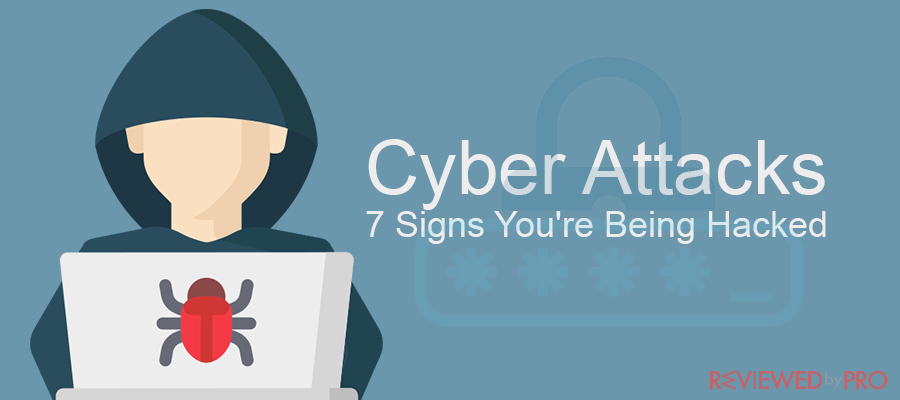
Cyber attacks are becoming more and more prevalent every day, and they're a growing risk for businesses of all sizes. While cyberattacks often go unnoticed by their victims, they expose businesses to countless risks. Whether you're a small business or a large enterprise, a highly-secured network is essential for keeping hackers out. To keep your business safe, you need to know the signs that you're being hacked. If you think you might be the victim of a cyberattack, you can do a few things to prevent any further damage.
The Emergence of Applications You Did Not Install
If you see applications that you did not install on your computer, you must report this to the software manufacturer or your IT department immediately. Depending on the details of the incident and your IT team's ability to investigate, you might also consider reporting it to law enforcement authorities. You might be wondering what applications might appear on your computer without your knowledge. Botnet networks typically rely on a combination of software and network vulnerabilities to infect computers.
Passwords Not Working
It's a common misconception that hackers only target the accounts with the most login credentials, such as the CEO's main account. It's more likely that a hacker will target an employee's account with a weak password. Password security is one of the most important things you can do to protect your online accounts. A weak password will make it easier for a hacker to access your systems. It will also make it harder for you to change your password in the future if your company's system is compromised. Your company's password policies should be clear and enforced consistently across the organization. Password policies should include guidelines for how employees should choose their passwords and what consequences will result from using an unapproved password.
Strange Network Traffic Patterns
In addition to weak passwords, it's also possible that your Internet traffic is being redirected to a malicious website. This kind of traffic analysis is a common sign of a cyberattack. Many hackers will use basic network analysis tools, such as a network probe or a port scanner to determine the kind of network architecture you use at your company. They might try to exploit a known vulnerability or gain remote access to your network by guessing the IP address of an employee's computer. If you start seeing strange network traffic patterns, it's important to contact your IT team immediately.
Unwanted Software Installations
There are many ways that a hacker could gain access to your computer. If a hacker can gain access to your computer, it doesn't necessarily mean that they have access to all of your software. Hackers may have already used a legitimate software installer to install malware on their computers. It's important to keep track of the software installed on your computer.
Unwanted Browser Toolbars, Search Redirection, and Popups
Just as hackers can use legitimate software to install malware on your computer, they can also use legitimate browser toolbars, search redirections, and popups to increase traffic directed to their malicious domains. Browser toolbars are small programs that you can customize. Change your browser's settings by disabling third-party cookies or enabling pop-ups. Unfortunately, hackers may have repurposed some of these legitimate browser toolbars to deliver malicious content to your computer.
Uncommon Disk Activity
It's important to keep an eye on the types of disk activity on your computer. Disk activity, such as what files are being written to the disk or what files are being deleted from the disk, can indicate a malicious attack. It's important to keep an eye on your disk activity because it's easy for hackers to obfuscate their activity. They could, for example, delete files from your disk and then rewrite them onto the disk when no one is looking.
Cyber attacks have become a threat to every business, which is exposed to countless risks. Whether you're small or large, cyber security is essential. A highly secured firewall and network will help keep hackers out and protect your company from the potential damages they cause.




